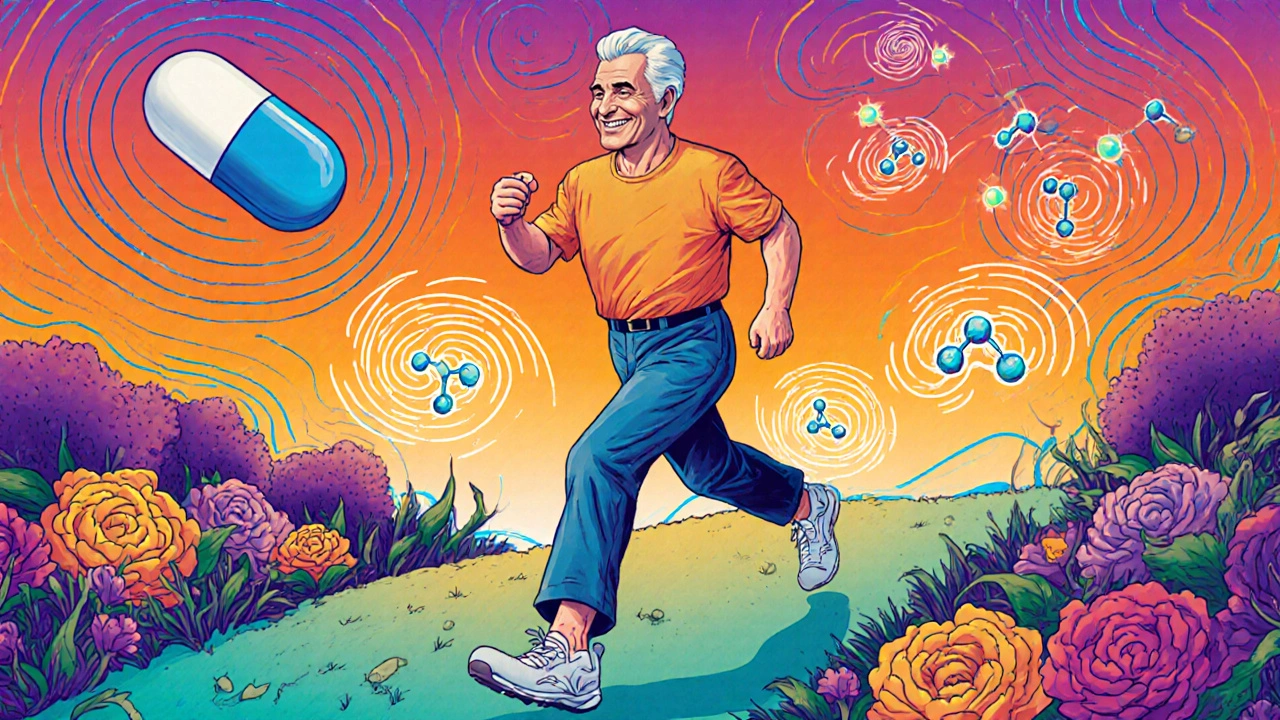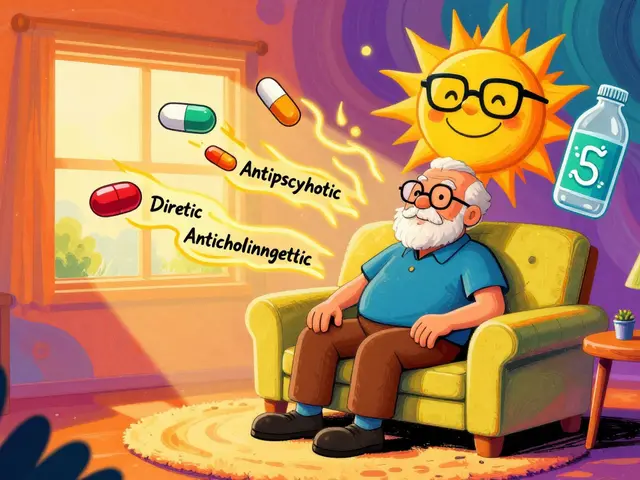Statin Side Effects: What You Need to Know Before Taking Cholesterol Pills
When you take a statin, a class of drugs prescribed to lower LDL cholesterol and reduce heart attack risk. Also known as HMG-CoA reductase inhibitors, statins are among the most prescribed medications in the world. But for all their benefits, they don’t work the same for everyone. Some people feel fine. Others get muscle pain, fatigue, or even liver issues — and often don’t know if it’s the statin or just aging.
The most common problem? muscle pain, a dull ache or weakness that starts in the thighs or shoulders. It’s not always serious, but it’s the #1 reason people stop taking statins. Studies show about 1 in 10 people report muscle discomfort, and for some, it’s bad enough to quit. But here’s the twist: many of those cases aren’t even caused by the drug. Sometimes it’s low vitamin D, thyroid issues, or just being out of shape. That’s why pharmacogenomics testing, a genetic test that checks for SLCO1B1 variants linked to statin metabolism is becoming more common. If you carry a risky gene variant, your doctor might switch you from simvastatin to pravastatin — a change that cuts muscle pain risk by half.
Other side effects? Less common, but still real. Some people report memory fog or higher blood sugar, especially if they’re already at risk for type 2 diabetes. Liver enzyme spikes happen too, but serious damage is rare. What’s not rare? The fear. People hear stories online and panic. But skipping statins because of rumors can be far more dangerous than the side effects. If you’re on a statin and feel off, don’t quit cold turkey. Talk to your doctor. A simple blood test, a dosage tweak, or a switch to another statin can fix most issues.
And if statins aren’t working for you — or the side effects are too much — there are alternatives. Ezetimibe, PCSK9 inhibitors, and even lifestyle changes can help lower cholesterol without the same risks. But knowing which option fits you depends on your history, genetics, and what your body actually tolerates.
Below, you’ll find real, practical guides on exactly what to watch for, how to test for hidden risks, what to do when side effects hit, and how to find safer options without giving up heart protection. These aren’t theory pieces. They’re based on what patients and doctors actually deal with every day.
Exercise and Statins: What You Need to Know About Muscle Pain and Recovery
Statins help prevent heart disease, but muscle pain can make exercise feel impossible. Learn how to stay active safely with statins, which types are safest, and what workouts to avoid.





